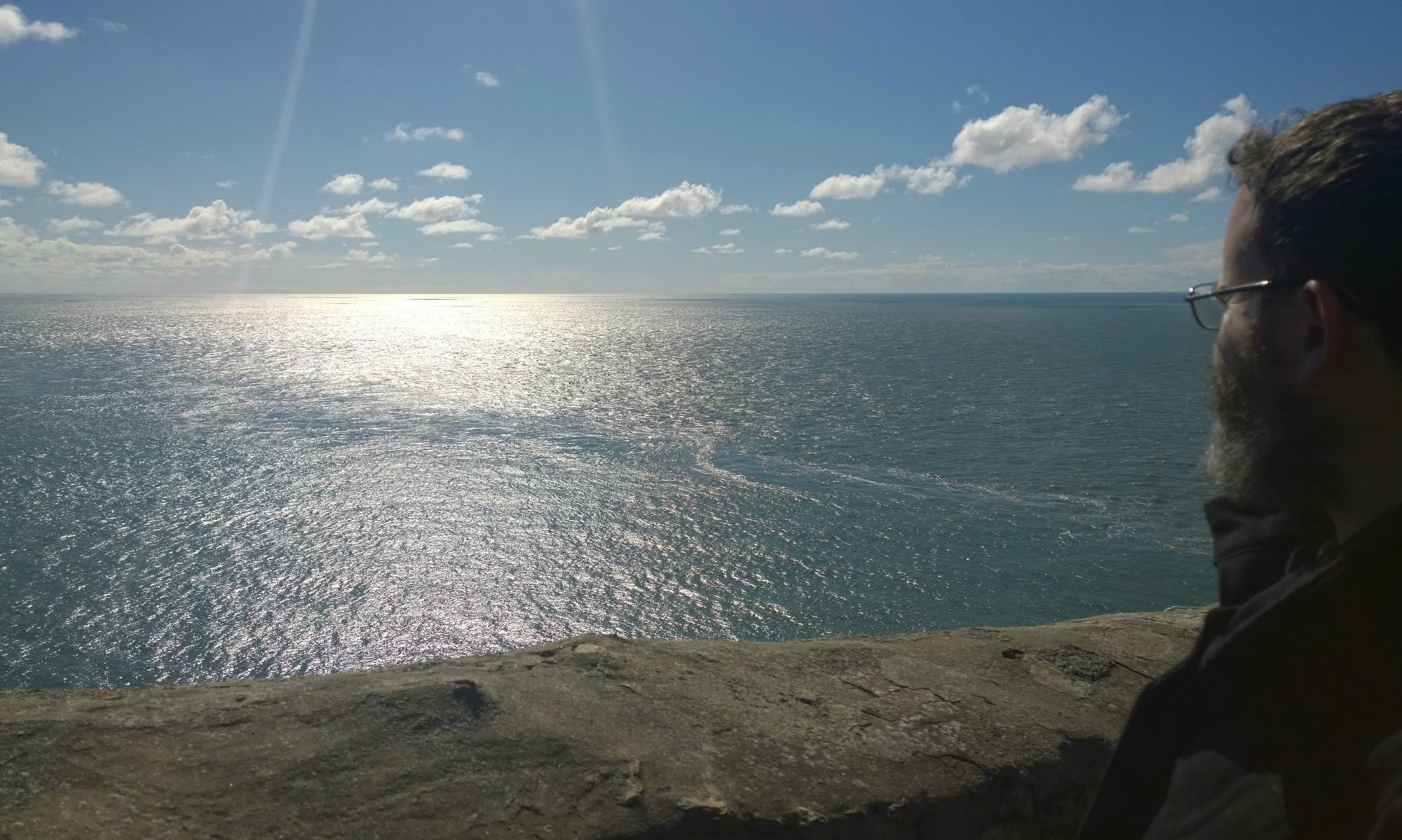Like libertarianism, Islam is founded on the principle that coercion is unjust. People must be free in order to be morally accountable.
The Qur’an sets out the status of human beings as inheritors of the Earth because of their capacity to know, despite the inevitable consequences that it means in terms of sinning. Our capacity to reason and speak opens up the world of ideas, concepts and belief, in the reality of things far from our immediate sense perception. We can talk about what we need to do in a year’s time and weigh up the benefits to a course of action between its effects now and its effects far from now, to us and to others. This creates in us an inextricable part of our intelligence: our necessity ability to prioritise and value things and to choose the course of action, that although painful now, will have the better ultimate result. This capacity gives us a kind of never ending internal conflict between the different possible paths to benefit, some being certain, some being less certain. This conflict is what allows us to act against ourselves. We need this ability so that we can make a sacrifice for a greater good, but inevitably it comes together with the capacity to harm yourself by not choosing what is ultimately the greater good.
In short, our ability to know implies our ability to sin.
If you take away the human freedom that allows him to sin; to risk himself, you will also take away his capacity to sacrifice, to make plans and to build his knowledge.
The Qur’an covers this point in the famous verse 2:256 and the following verse where the prohibition of coercion in the religion is explained and its connection to enlightenment shown:
“There can be no coercion in the religion, We kept good reasoning far from falling into error, so whoever disbelives in oppressors and believes in God has grasped the strongest handhold that never breaks and God hears and knows all.
God is the protector of those who believe. He takes them out of darkness into the light. Those who disbelieve have as their protectors oppressors who take them out of the light and into darkness. They will be companions in the fire and remain there.”
The alternative to ensuring freedom of religion – which is the foundation of the freedom of conscience, the freedom of thought and freedom of all action – is to set the human ruler up as an opressor and as the ultimate judge of the people. As such they become false gods. This is theocracy in the style of pharohs of Egypt or god-emperors of China, or divine rights of kings. It is rule by fear of what may be done to you if you do not agree to their decisions. In Islam we teach there is no god but Allah. This means we should set nothing – and no one – up as our ultimate judge except Allah; that we should not fear the opinions of other people – only Allah’s judgement of us. The foundation of Islamic rule is the freedom from servitude to such false gods. There is no place in Islam for emperors, tyrants or terrorists seeking to make you fear them and obey them. When you put others as equals or higher in your criteria of judgement of right and wrong, then you have committed the biggest sin in Islam; this is the real meaning of shirk.
Islam instead insists on individual human moral responsibility and for that we must have full freedom to choose whether or not and how to serve God to pursue the ultimate best course of our actions to the best of our knowledge and belief.
